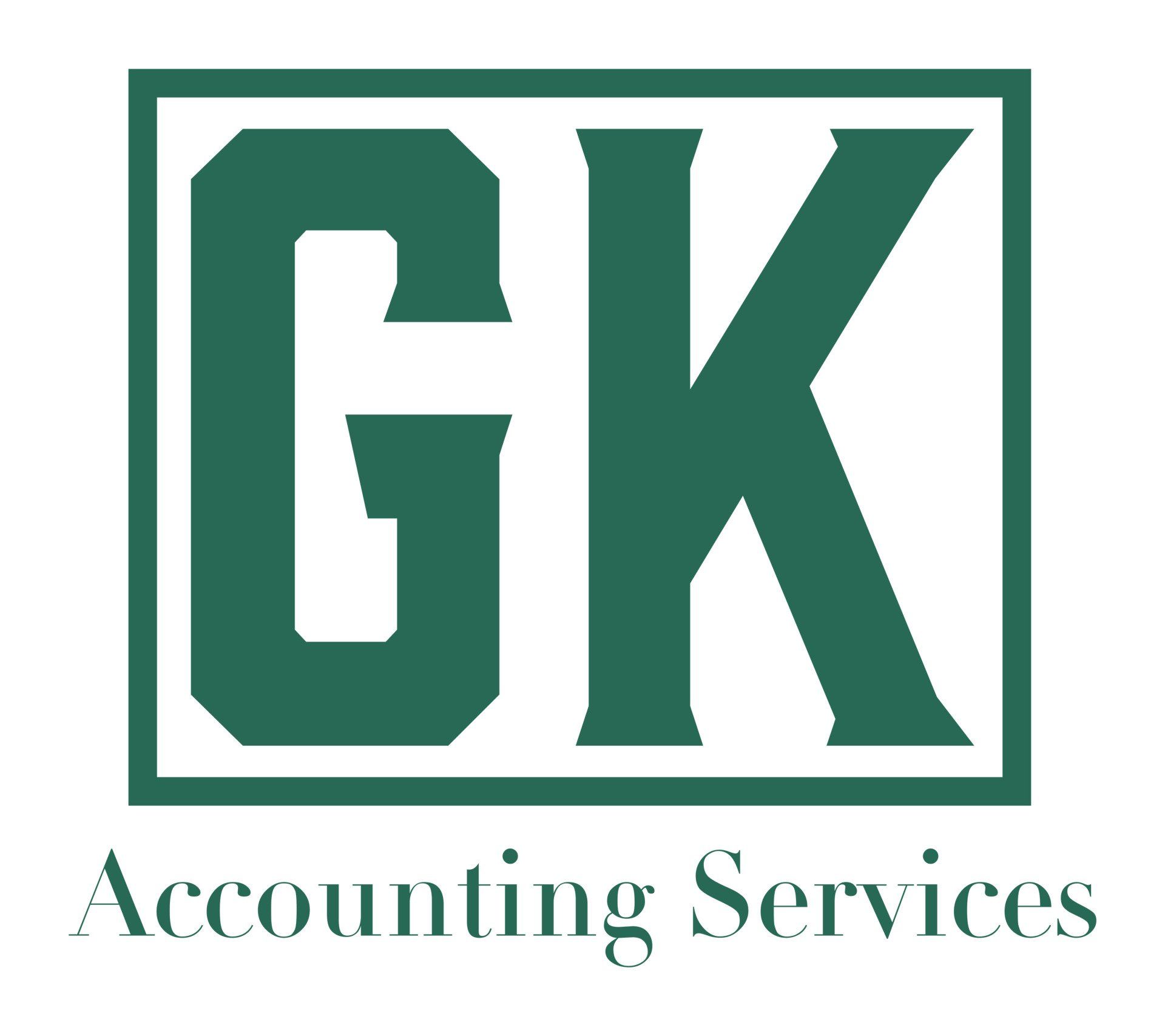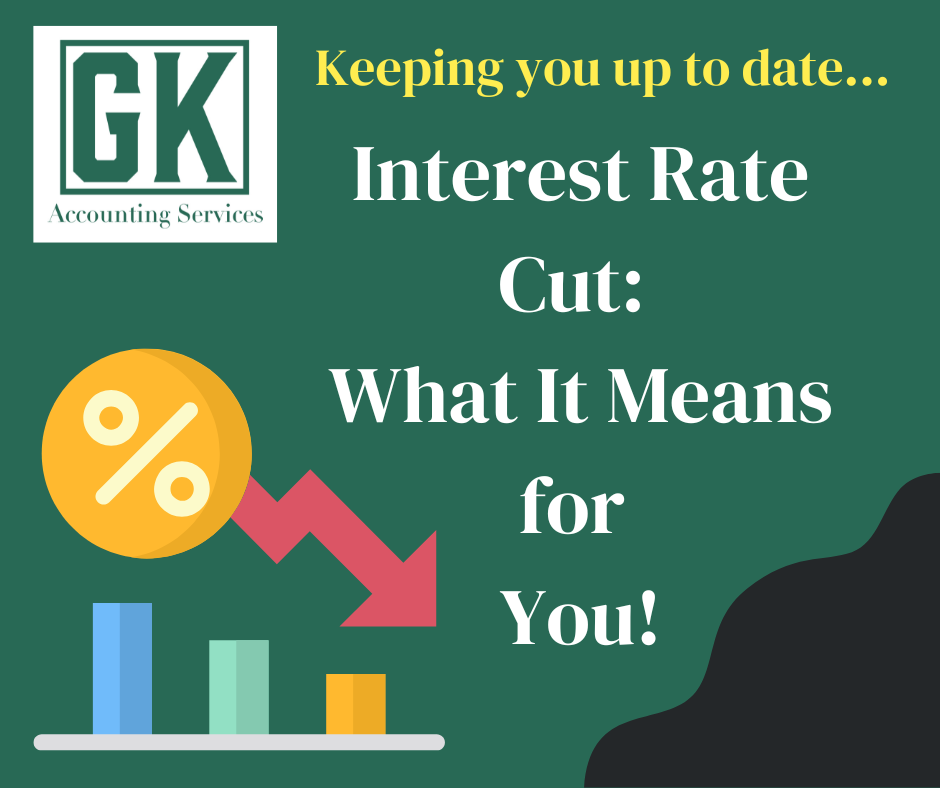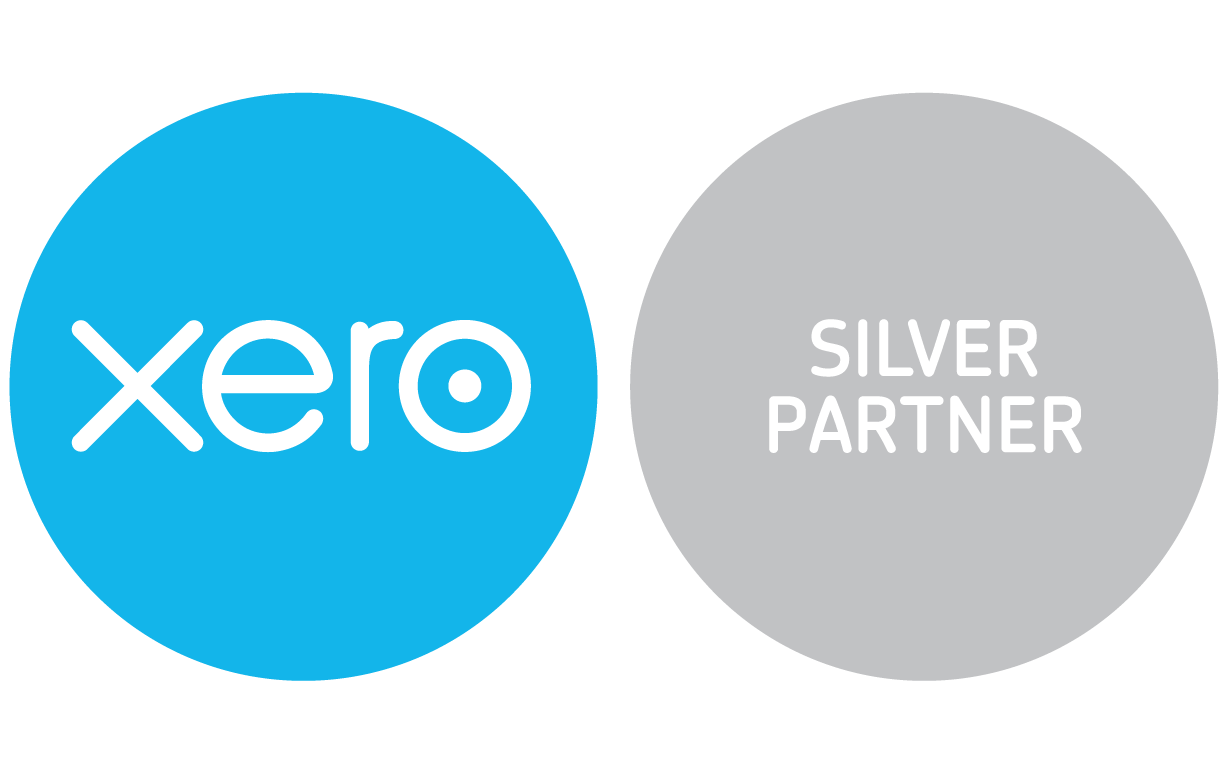VAT Annual Accounting Scheme
Everything you need to know about the Annual VAT payment

The VAT Annual Accounting Scheme is a UK tax scheme designed to simplify the administration of Value Added Tax (VAT) for eligible businesses. Instead of submitting quarterly VAT returns, businesses under this scheme file just one annual VAT return and make advance payments toward their VAT liability throughout the year. This can help with cash flow management and reduce the administrative burden for smaller businesses.
Key Features of the VAT Annual Accounting Scheme:
- Annual VAT Return:
- Under this scheme, businesses file one VAT return each year, rather than the standard four quarterly returns. The return is submitted two months after the end of the accounting year.
- Advance Payments:
- Businesses make advance payments toward their VAT bill throughout the year. These payments can be based on the previous year’s VAT liability or an estimate for the current year if it’s a new business.
- Payments are typically made either quarterly or monthly, depending on the business’s preference.
- After submitting the annual VAT return, the business makes a final balancing payment if they owe more than they’ve already paid, or they receive a refund if they’ve overpaid.
- Eligibility for the Scheme:
- The scheme is available to businesses with an estimated annual taxable turnover of £1.35 million or less (excluding VAT).
- If the business’s taxable turnover exceeds £1.6 million during the year, they must leave the scheme.
- Flexibility in Payment:
- Businesses can choose to pay their VAT in 9 monthly instalments or 3 quarterly payments, which helps to spread the financial burden.
- These payments are made by direct debit, ensuring that businesses don’t miss payment deadlines.
- Simplified Cash Flow Management:
- By making regular payments throughout the year, businesses can more easily manage their cash flow, avoiding large VAT bills every quarter. This is particularly helpful for businesses with irregular income or those that prefer a more predictable financial outlay.
Advantages of the VAT Annual Accounting Scheme:
- Reduced Administrative Work: By submitting just one VAT return a year, businesses save time on paperwork and reduce the number of deadlines they need to meet.
- Cash Flow Flexibility: Spreading VAT payments over the year helps businesses manage cash flow more effectively, avoiding large one-off payments.
- Simplicity: It can simplify VAT accounting, especially for smaller businesses with stable, predictable income streams.
Disadvantages:
- Refund Delays: If a business is due a VAT refund, they may have to wait until they submit their annual return to claim it. This could delay receiving a refund by up to a year, which might be a disadvantage for businesses that regularly reclaim VAT.
- Turnover Limits: Businesses with growing turnover that exceeds the £1.6 million threshold will need to leave the scheme, which could lead to an administrative burden during that transition.
Who Should Consider the Scheme?
The VAT Annual Accounting Scheme is particularly beneficial for small businesses with relatively consistent income and expenses, as it simplifies VAT administration and helps spread payments. Businesses with fluctuating income may also find it helpful to avoid large VAT bills at unpredictable times.
However, businesses that regularly reclaim VAT, such as those making a lot of zero-rated sales, may find the scheme less attractive due to the potential delay in receiving refunds.
How to Apply:
To join the VAT Annual Accounting Scheme, businesses need to apply through HMRC, either online or by post. It’s important to review eligibility criteria and ensure that the business’s turnover does not exceed the threshold before applying.
In conclusion, the VAT Annual Accounting Scheme offers a practical solution for businesses looking to simplify their VAT processes and improve cash flow management. However, it’s crucial to weigh the benefits against the potential drawbacks, such as refund delays, before deciding to join. Always consult with a tax advisor to ensure this scheme aligns with your business needs.





